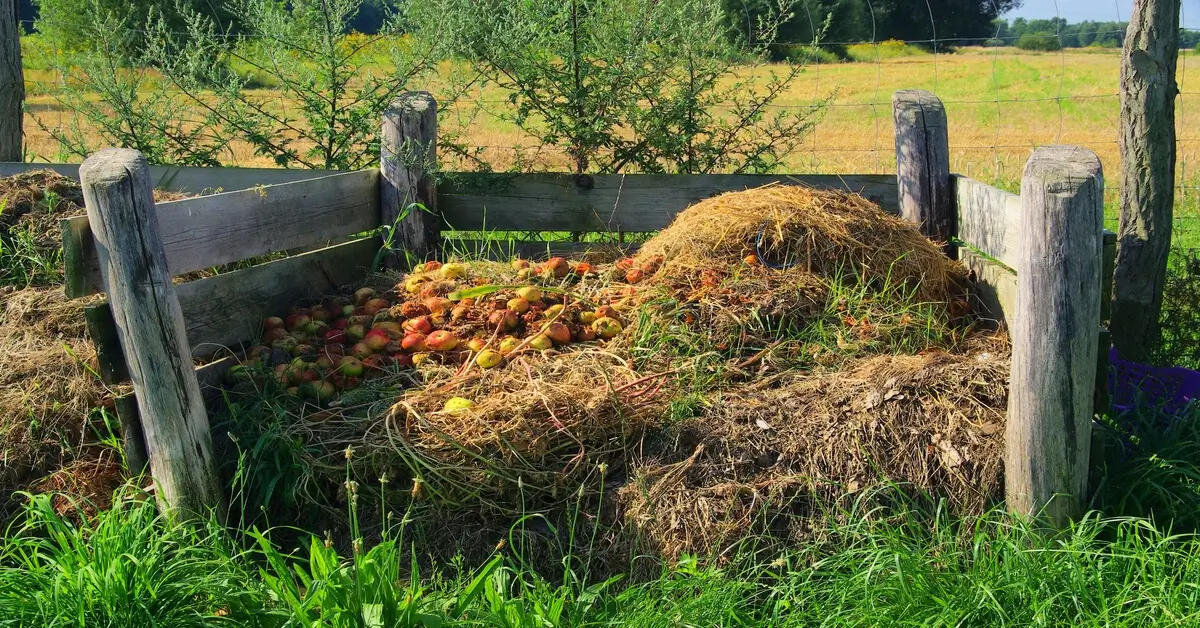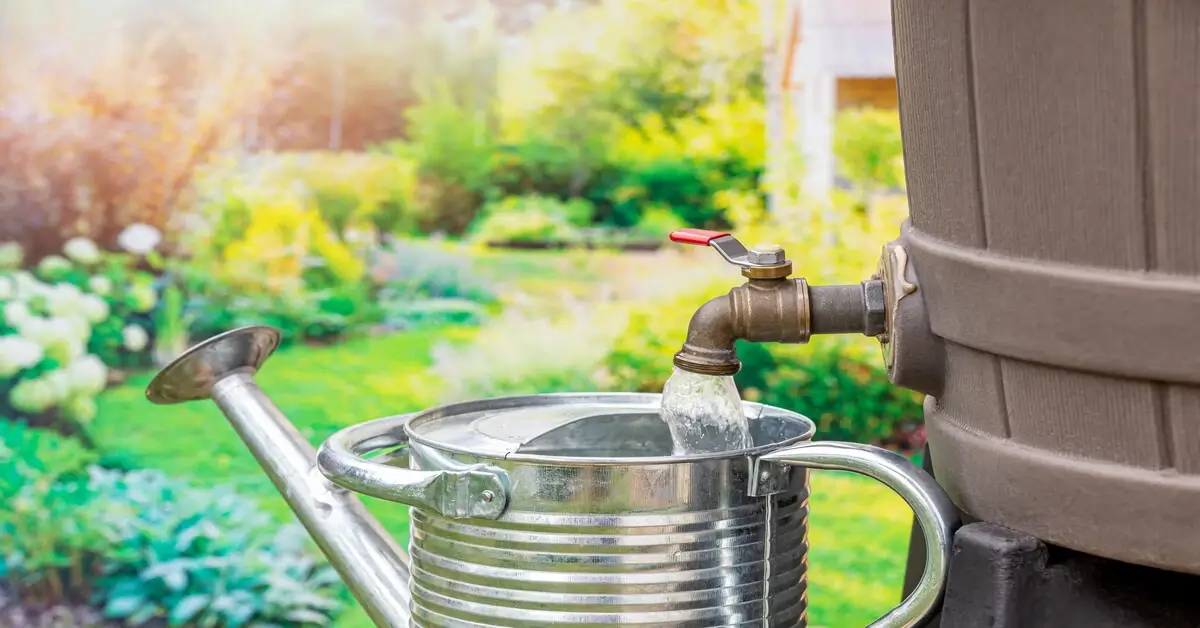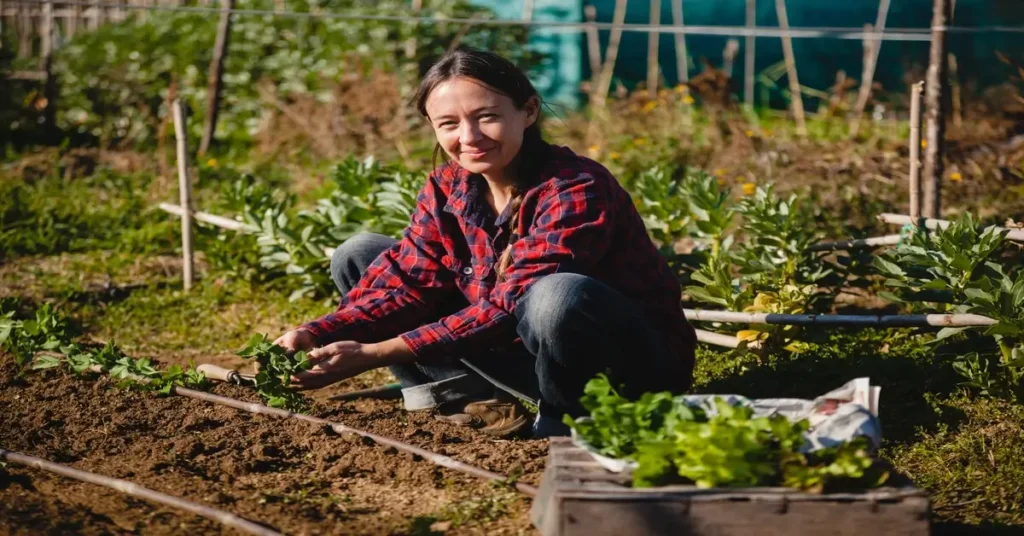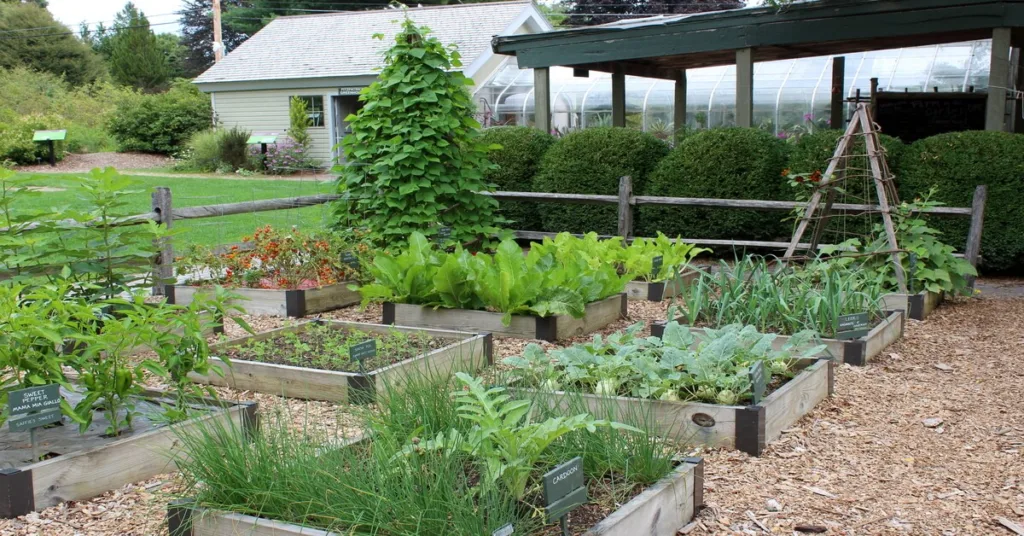In gardening and agriculture, sustainability is more than just a buzzword; it’s a necessity. As we grapple with climate change, resource depletion, and food security challenges, the need for sustainable practices is more critical than ever.
One such practice that has gained traction is closed loop gardening. This method, rooted in the principles of permaculture, offers a way to cultivate our gardens while minimizing waste, conserving resources, and enhancing the health of our soil.
This comprehensive guide delves into the concept of closed loop gardening, exploring its principles, benefits, and how to implement it in your garden.
Understanding Closed Loop Gardening
Closed loop gardening is a sustainable approach to agriculture that aims to create a self-sustaining ecosystem within the garden. This method is deeply rooted in permaculture, a design system that emphasizes the harmonious integration of landscape and people to sustainably provide food, energy, and other essential needs.
In a closed loop system, all waste is recycled back into the system, reducing the need for external inputs and minimizing waste.
The Principles of Closed-Loop Gardening
Recycling all nutrients and organic matter into the soil is at the heart of closed loop gardening. This practice helps maintain nutrient and carbon levels within the soil, allowing farming to be carried out sustainably. The goal is to create a loop system where every aspect of the garden contributes to the fertility and productivity of the soil, thereby closing the loop.
The Role of Compost

Compost is a vital component in closed loop gardening. It provides a means to recycle organic waste, such as food scraps and garden trimmings, back into the soil. This reduces the amount of waste going to landfills and enriches the soil with essential nutrients, improving its health and fertility.
Water Conservation

Water conservation is another crucial aspect of closed loop gardening. This can be achieved through various methods, such as rainwater catchment and the use of mulch to reduce evaporation. Reusing water within the garden can minimize runoff and water pollution, further enhancing the system’s sustainability.
The Benefits of Closed Loop Gardening
Closed loop gardening offers numerous benefits. It enhances soil health, promotes biodiversity, reduces waste, and contributes to water conservation. Moreover, it reduces reliance on external inputs, such as synthetic fertilizers, making the garden more resilient and self-sufficient.
Implementing Closed-Loop Gardening
Implementing a closed-loop system in your garden involves several steps:
1. Composting: Create a compost system to recycle organic waste into the soil.
2. Water Conservation: Install a rainwater catchment system and use mulch to reduce water evaporation.
3. Plant Selection: Choose plants that contribute to soil health and biodiversity. This could include nitrogen-fixing plants, dynamic accumulators, and plants that provide biomass for mulch.
4. Recycling Nutrients: Find ways to recycle nutrients within the garden. This could include using compost tea, green manures, or incorporating animals into the system.
Remember, closed loop gardening is not a one-size-fits-all approach. It requires observation, experimentation, and adaptation to your specific garden conditions.
The Future of Closed-Loop Gardening
As we face the challenges of climate change and resource depletion, closed loop gardening offers a sustainable and resilient approach to agriculture. Recycling nutrients, conserving water, and enhancing biodiversity can create productive and sustainable gardens that contribute to a healthier planet.
Conclusion
Closed loop gardening is a sustainable and resilient approach to agriculture that can help us create productive and sustainable gardens. Whether you’re a seasoned gardener or just starting, it’s a concept worth exploring.



